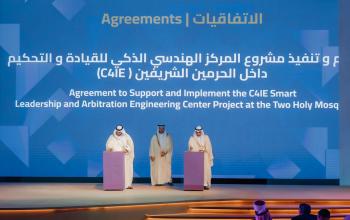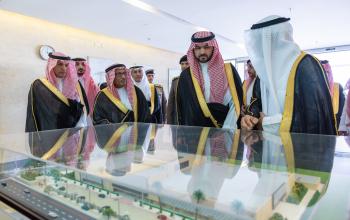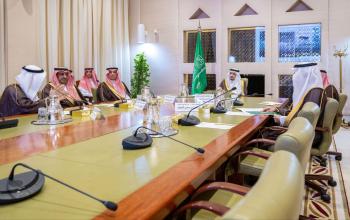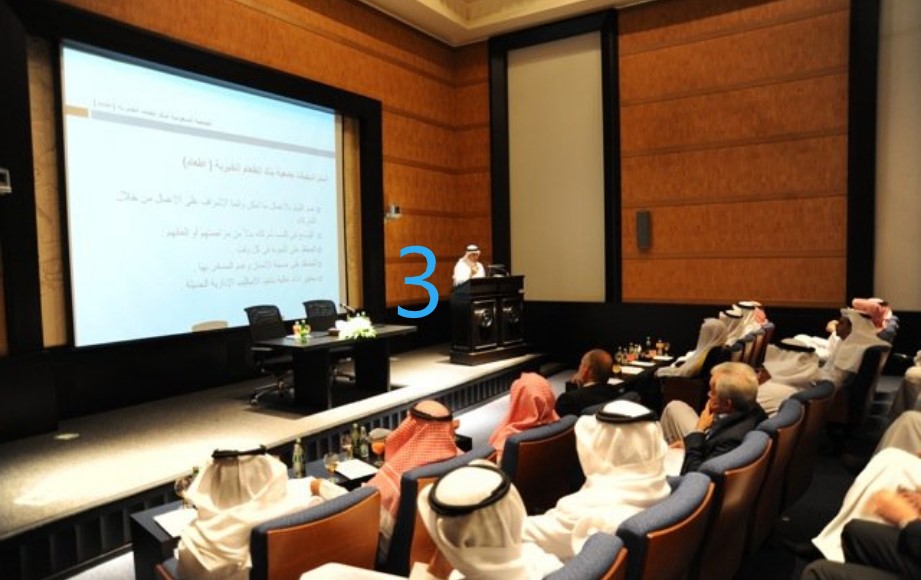Abdullatif Al Fozan Award for Mosque Architecture Calls for Rethinking the Mosque at Its Fourth Conference in Istanbul
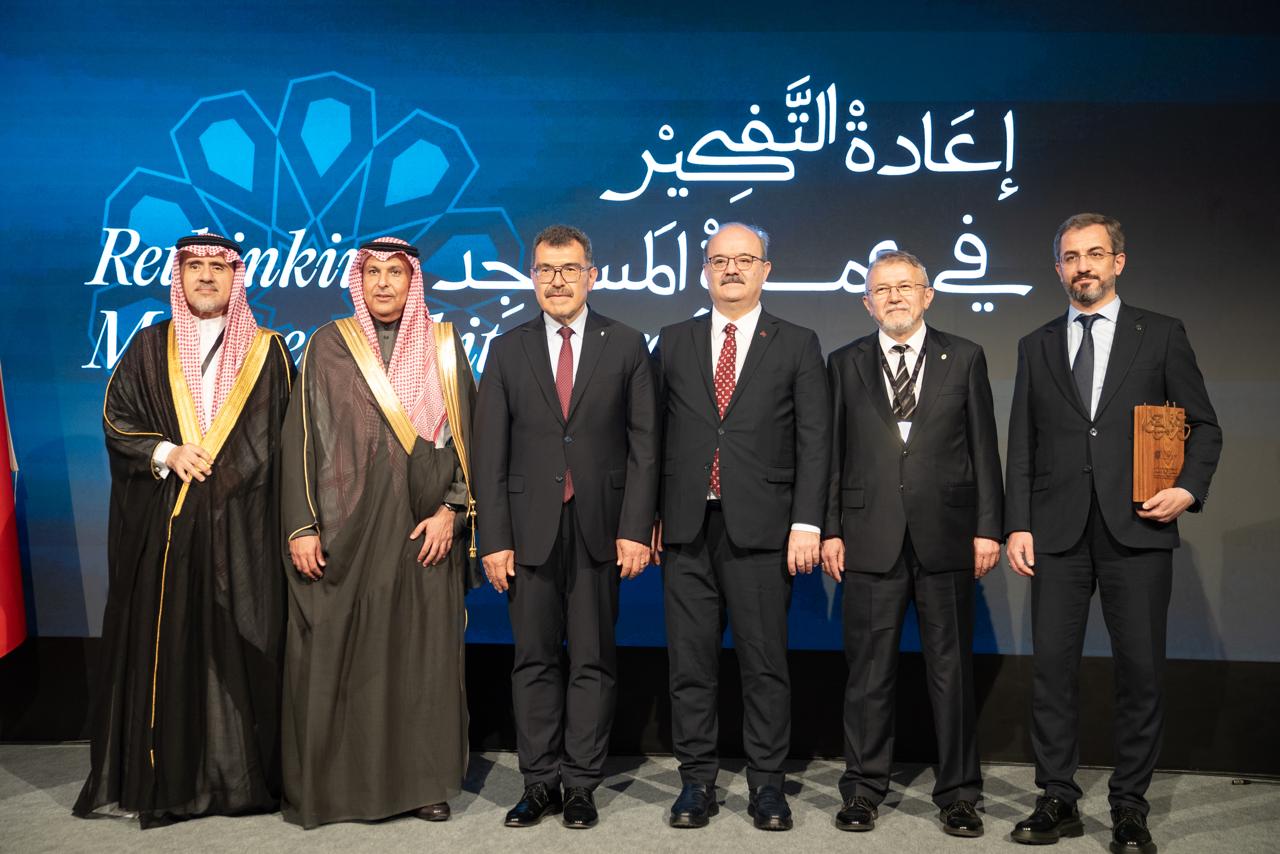
The Fourth International Conference on Mosque Architecture has commenced and will continue from November 4 to 6, 2025, in cooperation between the Abdullatif Al Fozan Award for Mosque Architecture, Istanbul Technical University, and several partners from the Kingdom of Saudi Arabia. The event is attended by prominent figures including Mr. Nasser bin Abdul Latif Al Fozan, representative of the Award’s founder; Dr. Mashary Al-Naim, Secretary-General of the Award; Prof. Dr. Hasan Mandal, President of Istanbul Technical University; Mr. Serdar Çam, Deputy Minister of Tourism and Culture of Istanbul; and Mr. Mahmoud Al-Shami, Secretary-General of the Al Fozan Community Service Program.
In his remarks about the Fourth International Conference on Mosque Architecture, Dr. Mashary Al-Naim, Secretary-General of the Abdullatif Al Fozan Award for Mosque Architecture, explained that “Rethinking the Mosque” is not merely a slogan for the conference, but a genuine call to reconsider the function of the mosque, its relationship with society, and its evolving roles amid architectural, social, and technological transformations.
He affirmed that the conference is one of the Award’s scientific programs aimed at promoting and developing mosque architecture worldwide. He added, “We believe that scientific conferences play a pivotal role in broadening knowledge horizons, exchanging experiences, and highlighting best global practices in this vital field. This contributes to building a sustainable knowledge environment that fosters innovation and reinforces the architectural identity of mosques.”
The conference is held under the theme “Rethinking Mosque Architecture in the Contemporary World.”
The program is rich and diverse, featuring sixteen keynote speakers specializing in mosque architecture and urban planning, in addition to twelve scientific sessions and four panel discussions addressing the realities, challenges, and future prospects of mosque architecture in today’s world. The conference also includes two specialized workshops — the first, titled “Mosque Architecture in Turkey,” organized in cooperation with the Presidency of Religious Affairs, and the second, “Mosque Architecture and Children,” focusing on the educational and social dimensions of designing mosques for children and engaging them in their architectural environment.
Among the conference’s notable highlights is the release of the official conference book titled “Rethinking Mosque Architecture.” The publication consists of two volumes totaling 1,740 pages of peer-reviewed research papers. This comprehensive academic work documents the conference’s scholarly contributions and serves as a valuable reference for researchers, architects, and those interested in the history and future of Islamic architecture.






